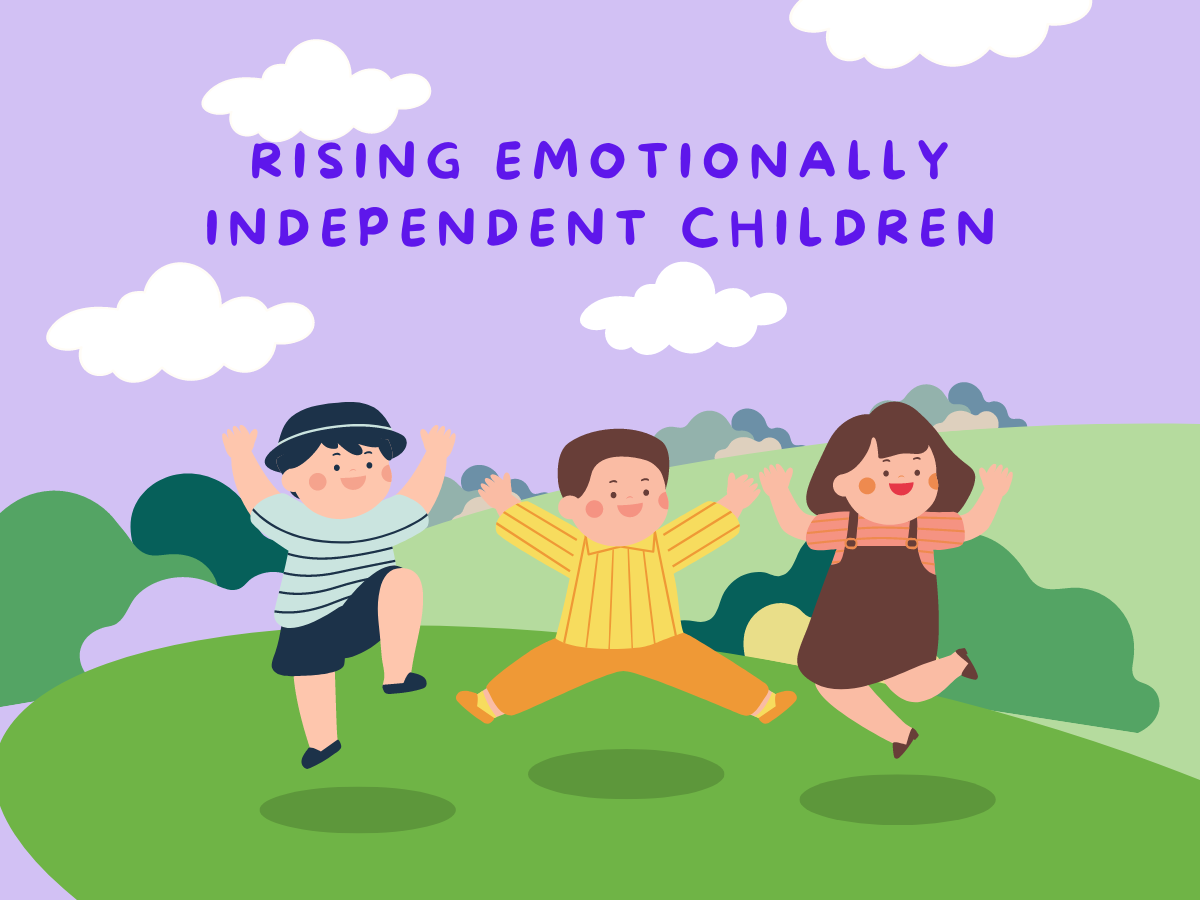Raising emotionally intelligent children
By~ Scholar Planet
Created At: 05 May, 2023

Raising emotionally intelligent children is an
important task for any parent. Emotional intelligence refers to a person's
ability to identify and manage their own emotions and the emotions of others.
It is a critical life skill that can help children navigate relationships, cope
with stress and achieve success in various aspects of life.
In this article, we will discuss some tips for
raising emotionally intelligent children.
1. Model emotional intelligence: Children
learn best by watching and imitating their parents. As a parent, you can model
emotional intelligence by expressing your emotions in a healthy and appropriate
way. By doing so, you are teaching your child how to handle their own emotions.
Dr. John Gottman, a renowned
psychologist, and author of Raising an Emotionally Intelligent Child, emphasizes
the importance of parents modeling emotional intelligence. He says, “Parents
should be aware of their own emotions and how they express them, as children learn
emotional regulation skills by watching their parents.”
2. Label emotions: When children are
young, they may not have the vocabulary to express their emotions. As a parent,
you can help by labeling their emotions for them. For example, if your child is
crying because they are frustrated, you can say, "I see that you're
feeling frustrated right now." This helps your child learn to recognize
and name their emotions, which is an important step in managing them.
3. Validate emotions: It's important for
children to feel that their emotions are valid and that they are allowed to
feel the way they do. As a parent, you can validate your child's emotions by
saying things like, "I understand why you're feeling sad right now"
or "It's okay to feel angry, but it's not okay to hit." By doing so,
you are helping your child feel heard and understood.
4. Encourage empathy: Empathy is a key
component of emotional intelligence. To encourage empathy in your child, talk
to them about other people's feelings and perspectives. For example, if your
child takes a toy away from a friend, you can say, "How do you think your
friend feels when you take their toy away?" This helps your child
understand how their actions affect others and can help them develop empathy.
5. Foster problem-solving skills:
Emotional intelligence involves not just recognizing and managing emotions but
also finding constructive ways to deal with them. As a parent, you can help
your child develop problem-solving skills by encouraging them to think through
their emotions and come up with solutions. For example, if your child is upset
because they can't find a toy, you can ask them, "What can we do to help
you find your toy?" This helps your child learn to problem-solve in a
constructive way.
In conclusion, raising emotionally
intelligent children is an important task for any parent. With emotional
intelligence, your child will be better equipped to navigate relationships,
cope with stress, and achieve success in various aspects of life.
Download
the app now:
